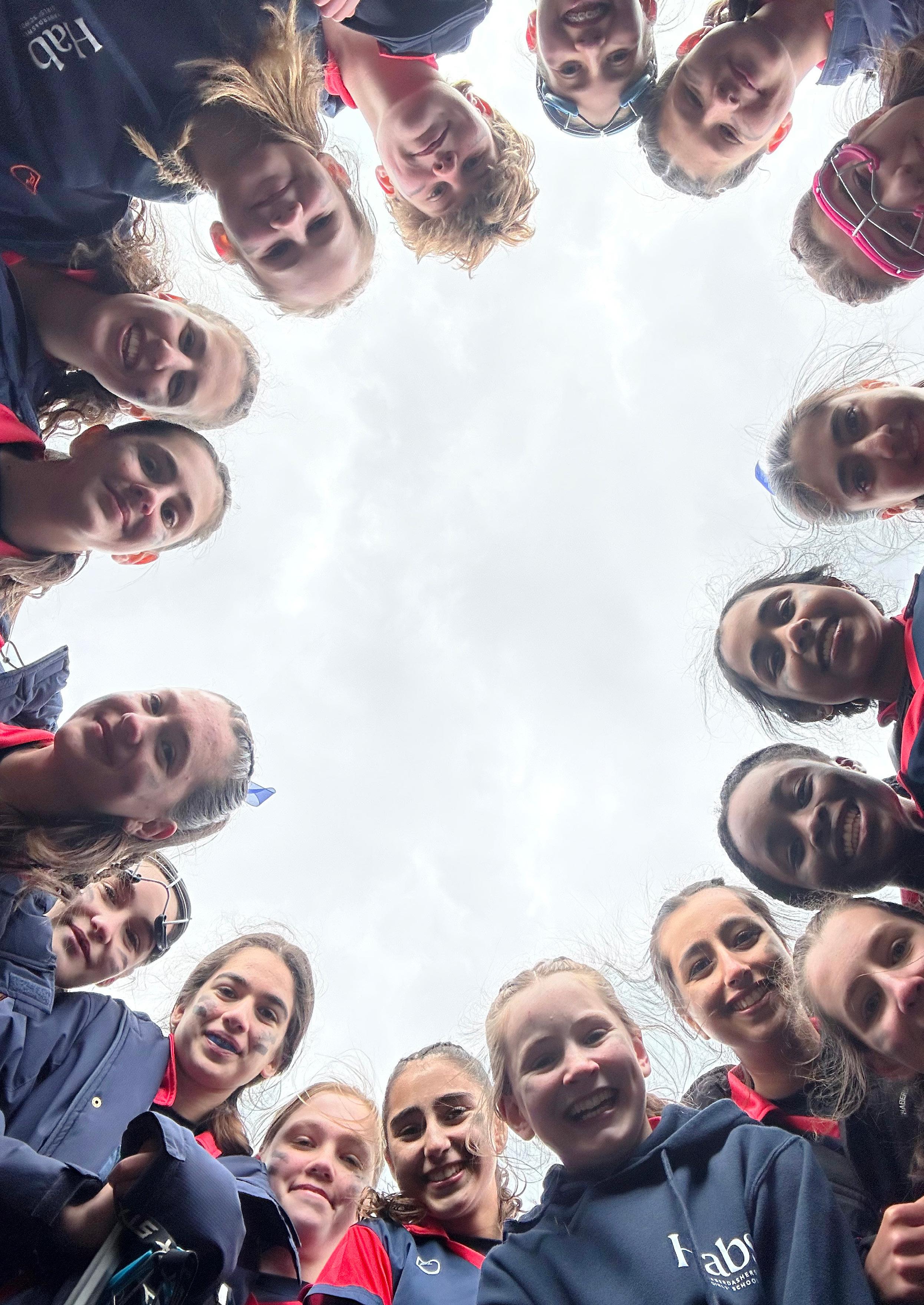

ISI Inspection Report Highlights
Introduction from the Headmistress
I am delighted to share with you this summary of the findings from our recent ISI inspection. The inspection was an opportunity to shine a light on our school, demonstrating the very best of what we do every single day. Habs Girls is described as a school in which pupils have a genuine joy of learning and flourish academically, a place in which pupils develop empathy and understanding of the views of others and where they have access to a plethora of clubs, societies and other activities. This captures so well what it means to be part of Habs Girls, and it reflects the experience of every student, from our youngest in Reception through to those who will soon leave us for a world beyond Habs in the Sixth Form, equipped with the ambition, curiosity and courage to make a profound impact in the world.
I am immensely proud of all of our pupils’ achievements, both those realised while they are at school and those that they will experience after they leave us. It is through this prism of celebrating the successes of our pupils that I would like to thank my colleagues, both teaching and support staff, who do so much to support our young people every day; this is school of which everyone in our community should feel rightly proud and I am pleased that the essence of the outstanding pupil experience at Habs has been recognised in this report.
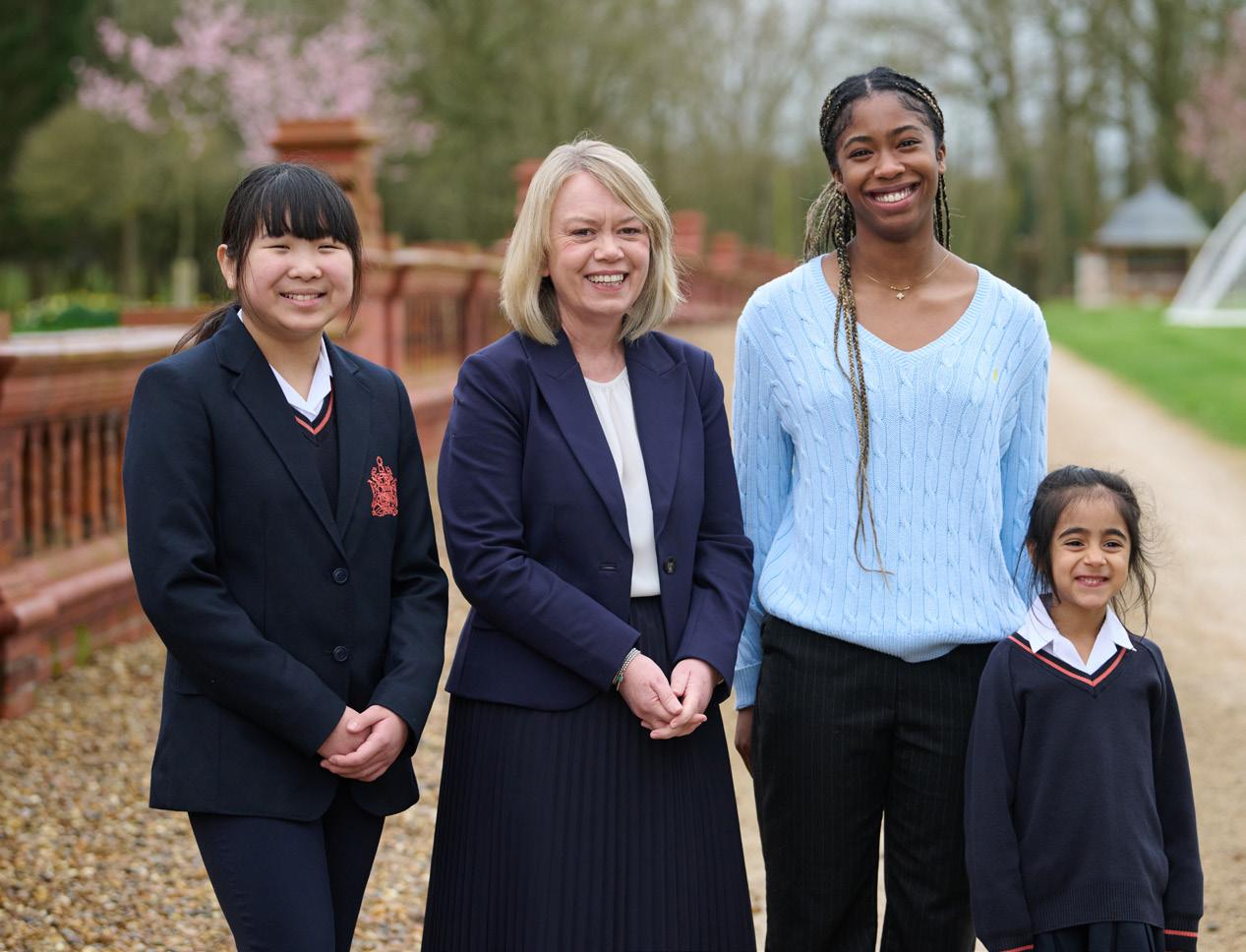
DR HAZEL BAGWORTH-MANN HEADMISTRESS
ISI (Independent Schools Inspectorate)
ISI is appointed by the Department for Education to inspect association independent schools in England.
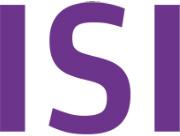
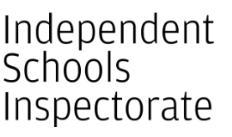
Haberdashers’ Girls’ School was inspected on 4 to 6 February 2025 by the Independent Schools Inspectorate (ISI) under the newly implemented Framework, introduced in September 2023.
A team of eight inspectors, visited the school for two and a half days. Inspectors conducted lesson observations, attended registrations, assemblies and co-curricular activities. Inspectors spoke to the Headmistress, school leaders, manager, staff and pupils. They reviewed the school’s policies, documentation, records and pupils’ work. They also considered the views of pupils, staff and parents who responded to the ISI’s pre-inspection surveys.
What should I expect to read?
Under the new ISI framework, the reports award schools “met or “not met” against five key standards and offer a short summary of their findings.
Summary findings
This new framework evaluates pupil experience across four core areas, alongside Safeguarding which underpins the entire framework. All inspection standards were met:
Leadership, management and governance
Quality of education, training and recreation
Pupils’ physical and mental health and emotional wellbeing
Pupils’ social and economic education and contribution to society
Safeguarding
We are thrilled with our report, it showcases our strengths across our Junior and Senior Schools; identifying how our ‘leaders have ensured that the school’s values of ambition, curiosity, courage and community are a constant priority in their development of the school’s provision’ and how we ‘prioritise the need for a high level of intellectual challenge, as well as fostering a love of learning amongst the pupils.’
This document is a topline summary of the report, the full report can be found on our website under ‘About us’ - ‘Policies’.
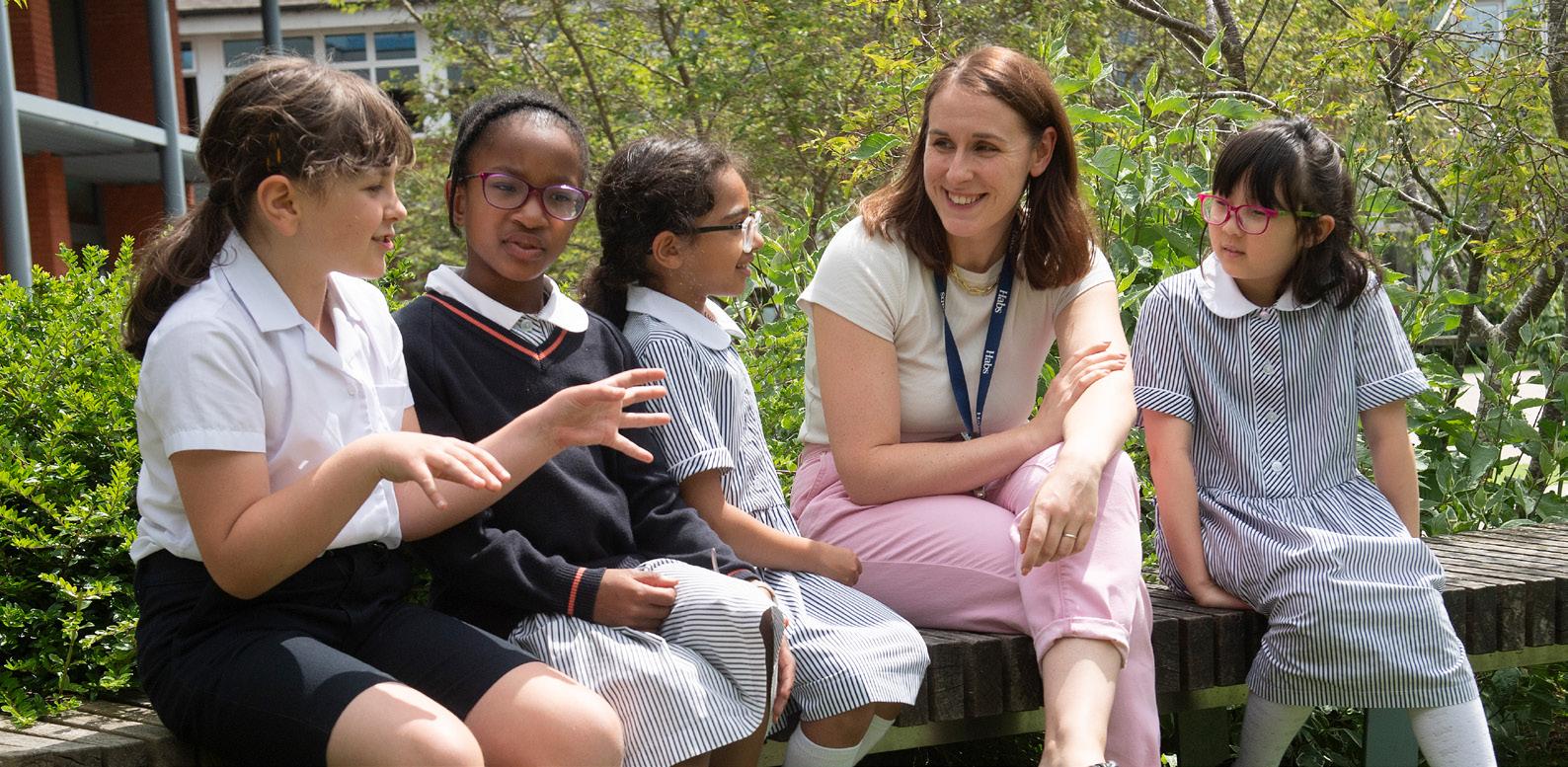
Leadership, Management and Governance
The report comments on the clear and well-communicated strategic planning undertaken by the leadership of the school and the openness to listen to pupils, parents and staff.
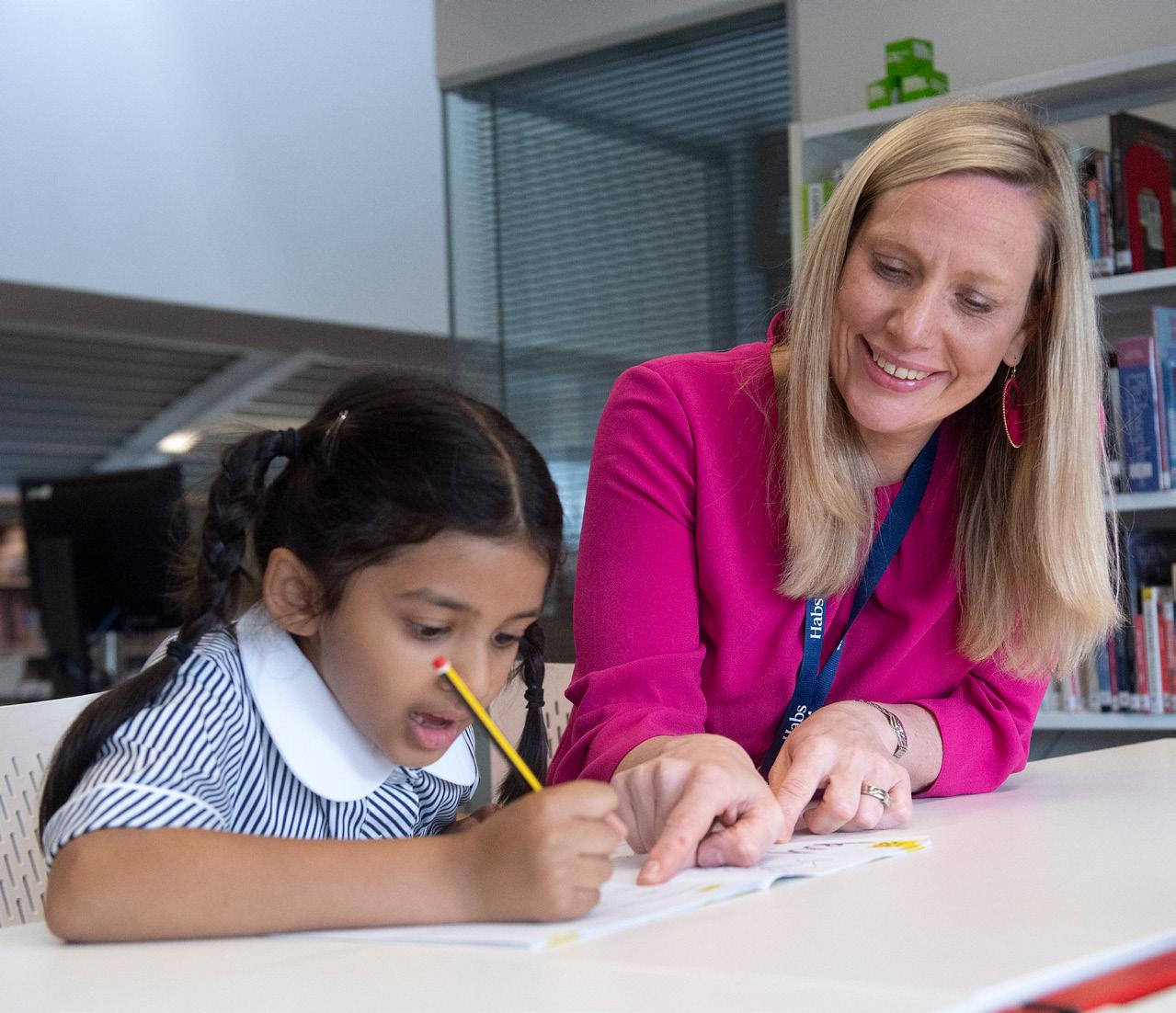
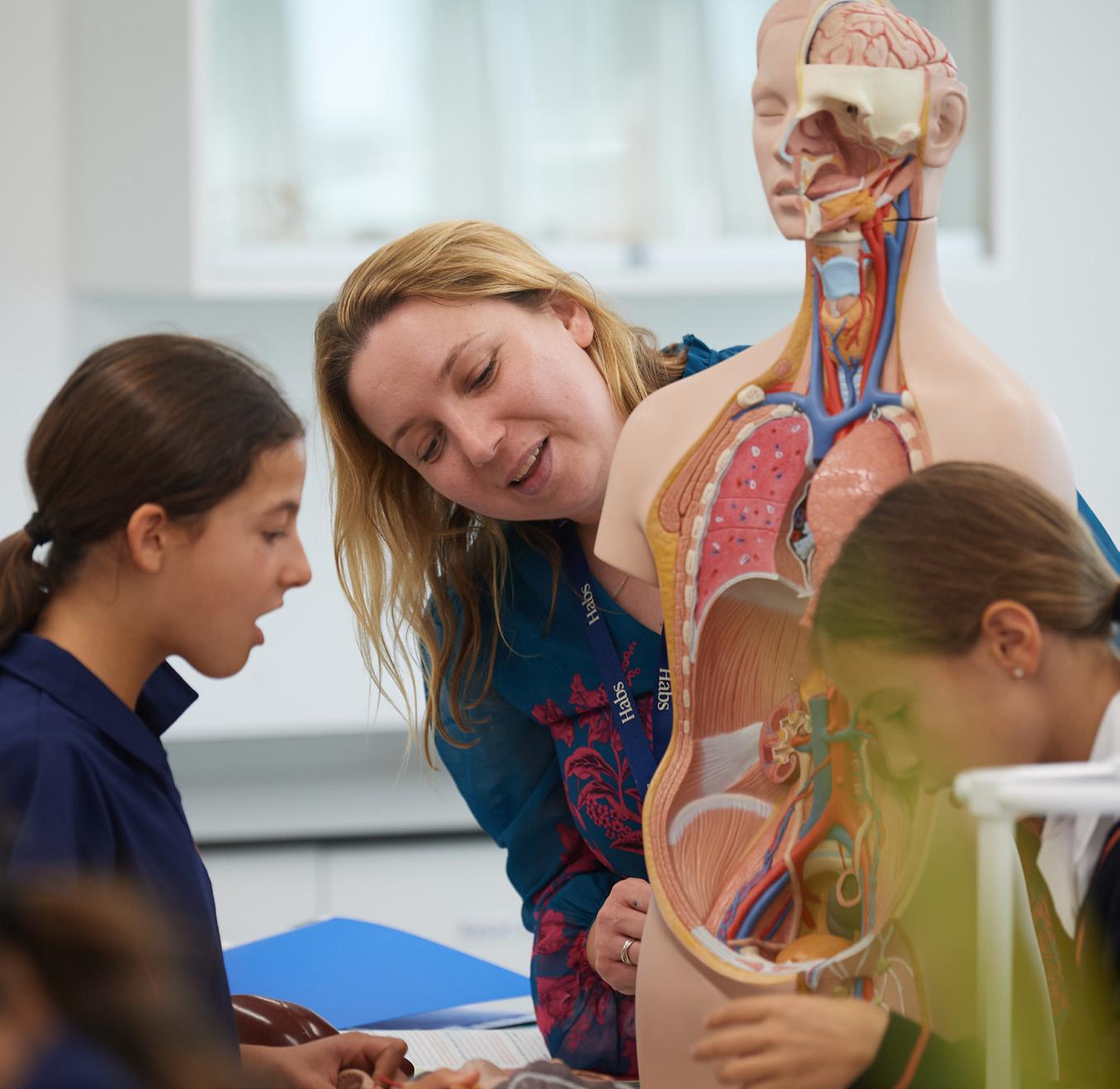
It also notes that the Governors have a comprehensive oversight of the work of school leaders. They know the school’ strengths and areas for development.
‘They prioritise the need for a high level of intellectual challenge, as well as fostering a love of learning amongst the pupils. ‘
‘Leaders in the early years are skilled, knowledgeable and have a comprehensive understanding of the needs of each child. ‘
‘Leaders and staff work closely with parents to follow up and resolve any concerns they may have. They communicate constructively with parents in a timely manner’
Quality of Education, Training and Recreation
Our high academic attainment at GCSE and A level, but also in younger pupils’ achievement in nationally standardised tests at the end of Year 6 was highlighted by the inspectors.
The report noted this was a result of the collaborative working between academic and pastoral leaders who monitor the effectiveness of the support for pupils ‘this ensures that pupils have appropriate opportunities to enhance their learning skills considerably’.
The wide-ranging curriculum providing many opportunities for pupils to develop their personal skills alongside their academic learning was highlighted.
‘The school has created an invigorating and enriching curriculum which is systematically planned and regularly reviewed.’
‘Teachers have a high level of knowledge and enthusiasm for their subjects. Teaching regularly feeds an insatiable appetite for learning which is characteristic of many pupils.’
‘Pupils consistently show high levels of numeracy across a range of subjects. Similarly, their linguistic and literary skills are well developed.’
‘In the early years setting, leaders have developed a curriculum which challenges children beyond the statutory requirements. The children enjoy challenges which stimulate their curiosity.’
‘Many pupils are actively involved in a range of activities and initiatives which have a positive effect on their self-esteem and self-confidence.’
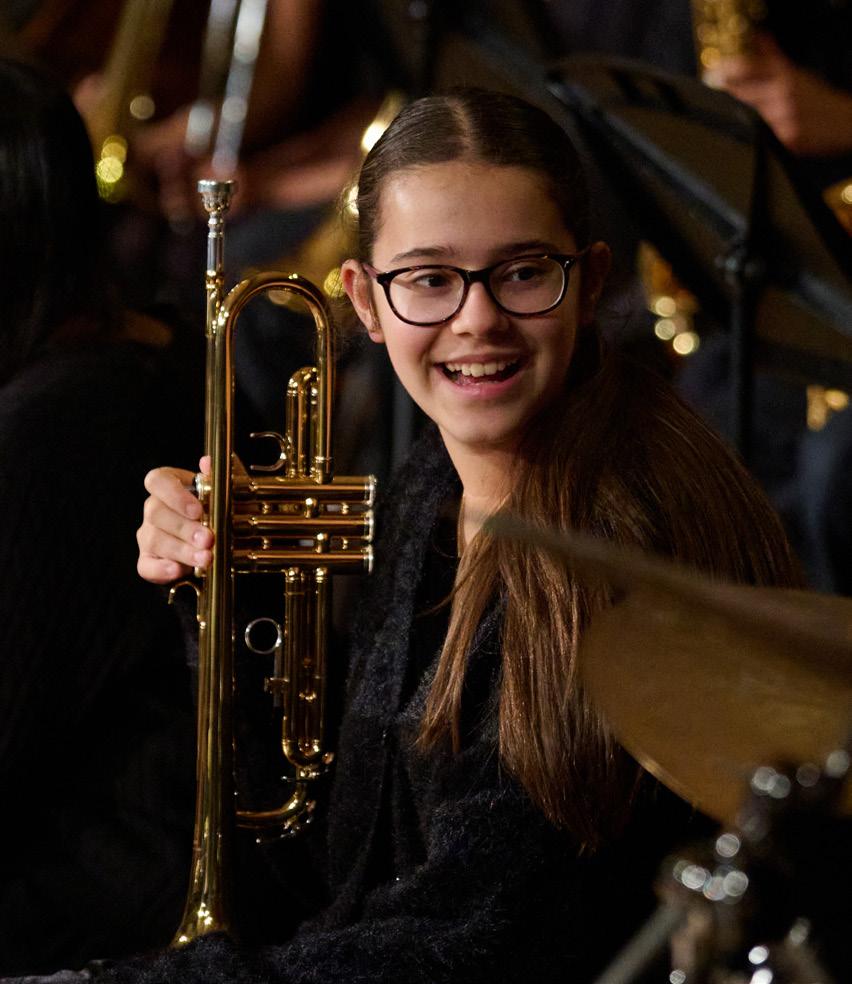
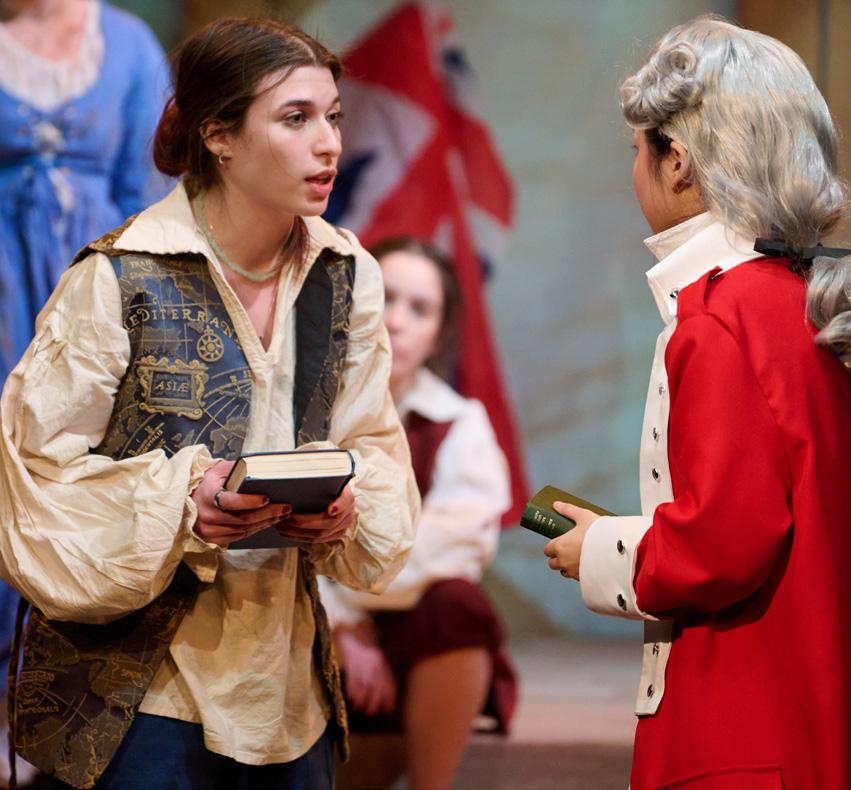

Pupils’ physical and mental health and emotional wellbeing

The report highlighted the positive impact of the school’s prioritisation of the development of pastoral care and commended the school’s active promotion of a healthy lifestyle across the curriculum.
The school’s pupil behaviour was noted a ‘exemplary’ with an effective anti-bullying strategy.
‘Leaders in the early years have established a calm setting in which positive relationships and kindness between children is prioritised.’
‘Class teachers in the junior school and many senior school tutors know their pupils well and this has a positive effect on pupils’ self-esteem and growth in resilience.’
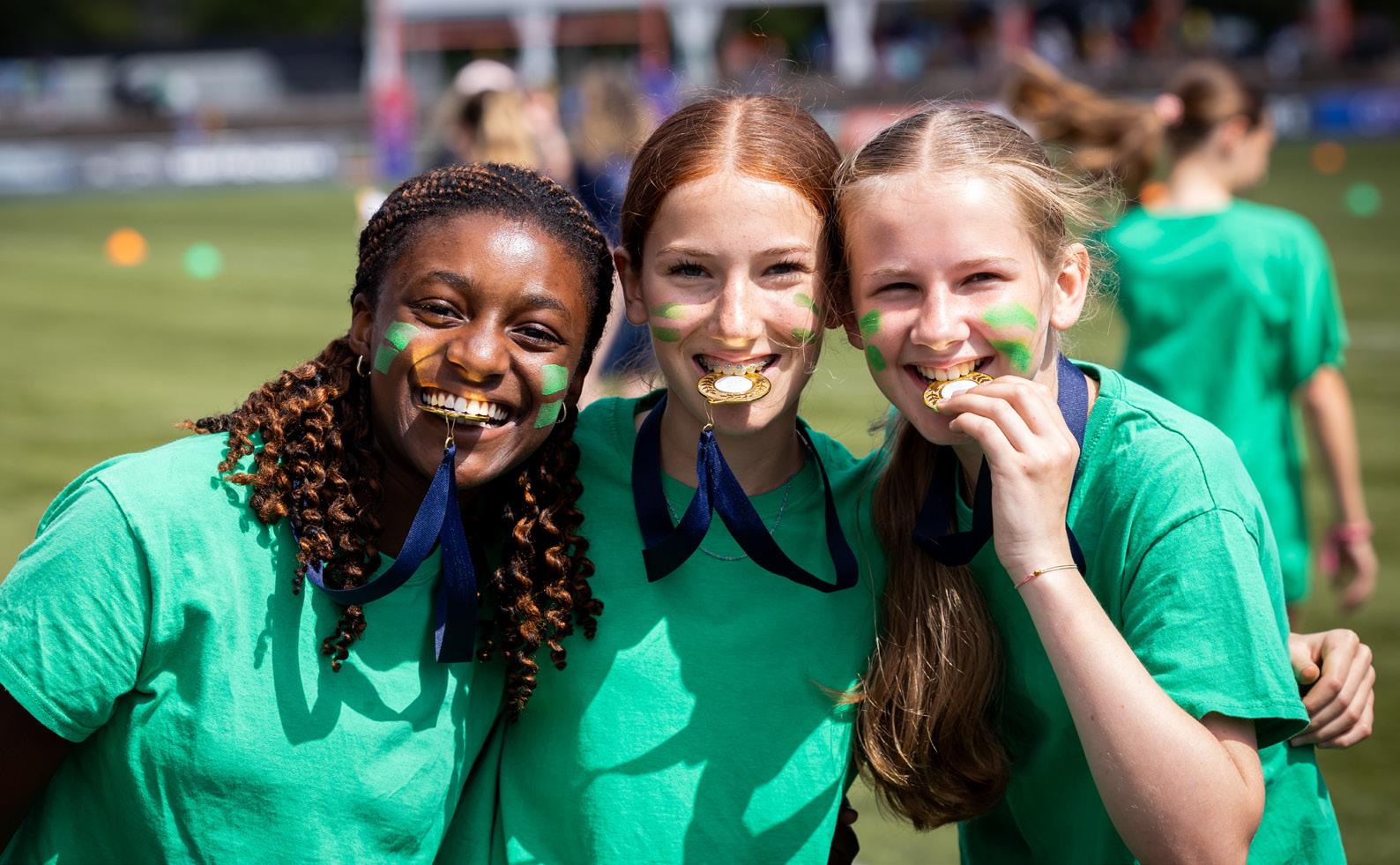
‘Younger pupils are regularly praised for showing kindness which builds a culture of politeness and consideration for other people.’
‘Pupils make good progress in understanding important issues such as managing their mental health, how to build positive relationships and the threat of radicalisation. ‘
‘Pupils learn about respect for different faiths and develop their moral understanding through the tutorial programme, PSHE, religion and philosophy lessons, and assemblies.‘
’The school has developed a well-defined system of pupil leadership opportunities for pupils of all ages.’
‘The participation of older pupils in elective sports options is very high.‘
Pupils’ social and economic education and contribution to society
The report notes the importance of mutual respect and inclusivity embedded in the school community. Pupils and staff talk with genuine pride about the diversity of the community.
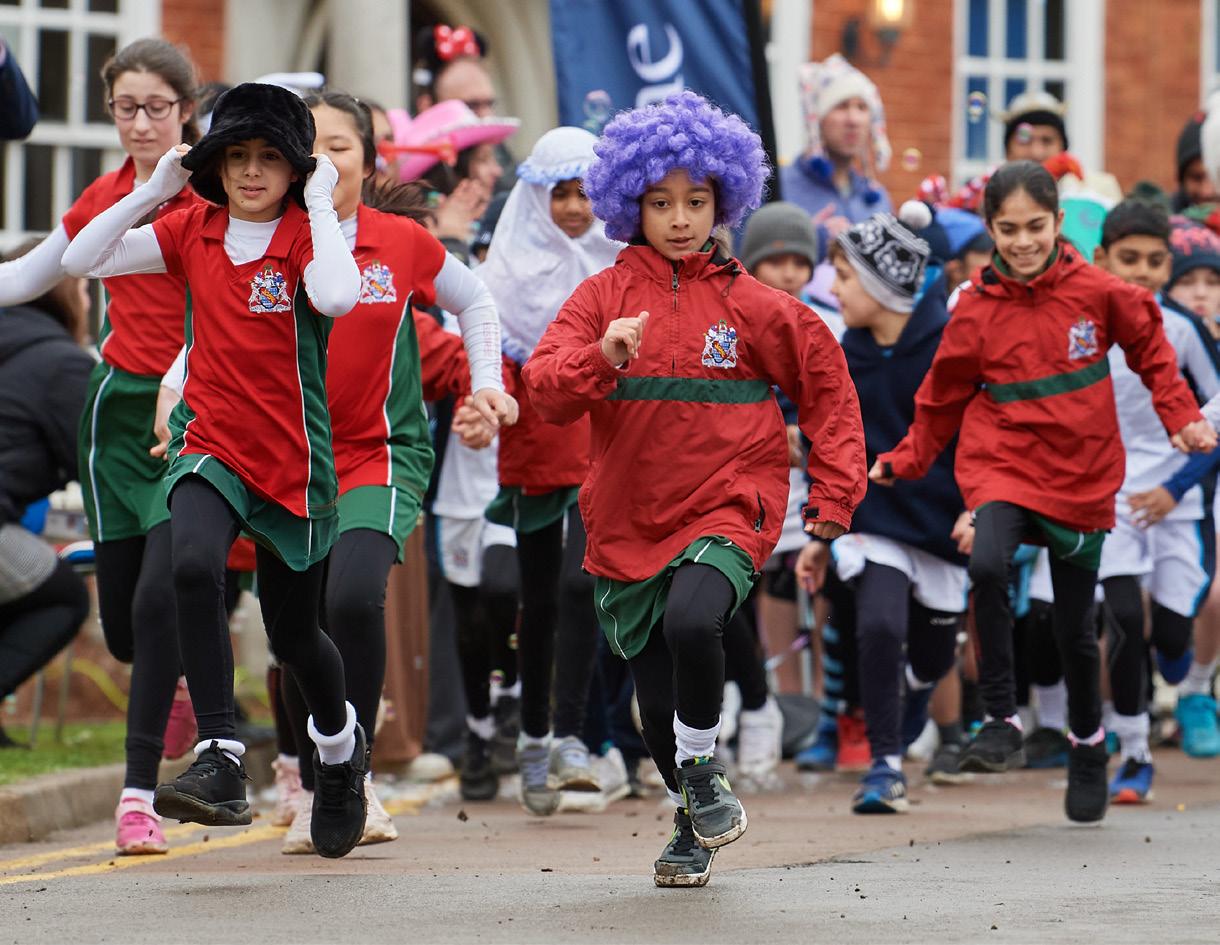
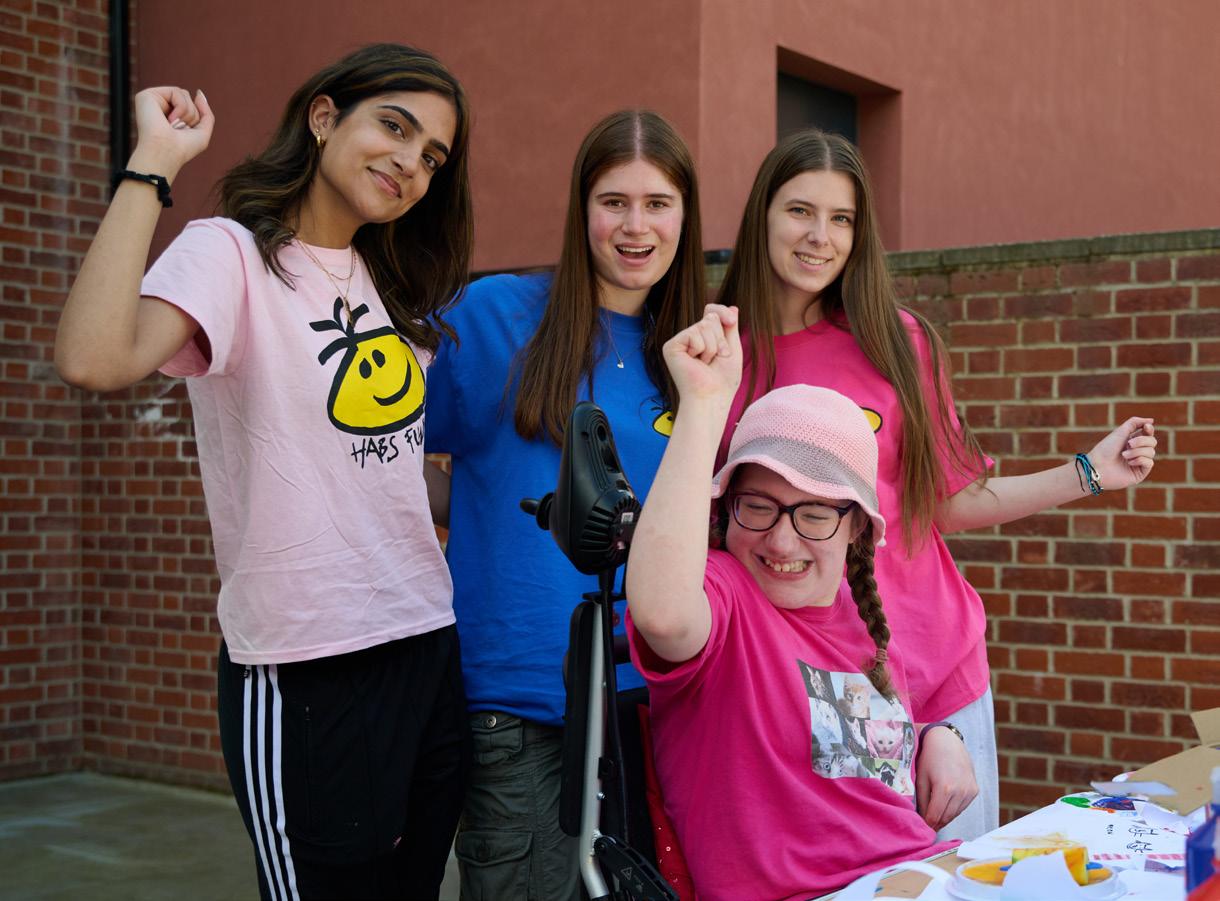
Pupils are very conscious of the importance of supporting others and recognise the importance of using their skills for the good of society.
‘Pupils of different cultural and political perspectives often work together to lead assemblies which model the importance of empathy and understanding.’
‘Through play and a comprehensive programme of activities, children in the early years develop socially and increasingly accept responsibility when they make mistakes.’
‘Pupils are very conscious of the importance of supporting others and recognise the importance of using their skills for the good of society. As a consequence of the partnerships programme, pupils’ social awareness, leadership skills and sense of responsibility grow rapidly. ‘
